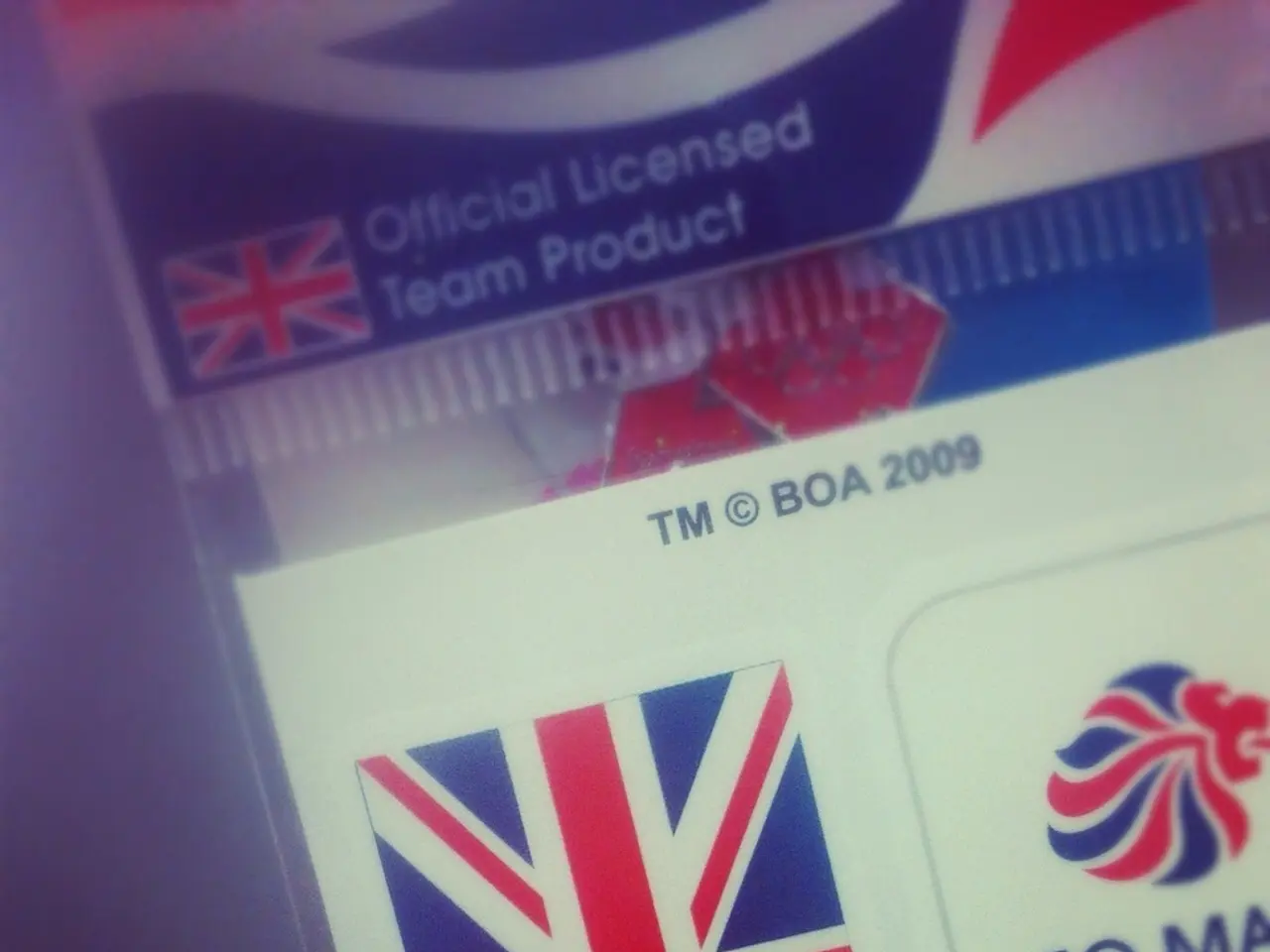Examination of AIFM Compliance for Family Office Investment Structure
Family offices, institutions that manage and invest the wealth of families, operate under distinct regulatory frameworks in Europe and the United States, particularly concerning the Alternative Investment Fund Managers Directive (AIFMD) and the role of external capital.
## AIFMD Compliance
In Europe, the AIFMD is a key regulatory framework requiring Alternative Investment Fund Managers (AIFMs) to register with regulatory bodies and comply with specific requirements. Family offices that manage alternative investment funds (AIFs) within the EU must adhere to AIFMD unless they fall under specific exemptions, such as internal management or if they manage funds below a certain threshold. This regulation includes requirements for risk management, capital requirements, and transparency.
In contrast, the U.S. does not have a direct equivalent to AIFMD. Instead, family offices might be subject to regulations such as the Investment Advisers Act of 1940 and the Securities Act of 1933, which require registration with the Securities and Exchange Commission (SEC) if they manage significant assets or accept external capital. However, if a family office is considered a "family office" under the SEC's Family Office Rule, it may be exempt from registration requirements.
## Role of External Capital
European family offices may choose to accept external capital, but this typically requires compliance with AIFMD. If a family office manages external funds, it must adhere to stricter regulations, including marketing restrictions and reporting obligations. The AIFMD also impacts how external capital can be raised and managed within the EU.
In the U.S., family offices generally do not accept external capital. However, if they do, they may need to register with the SEC. The U.S. regulatory environment is more permissive for family offices that do not accept external capital, allowing them to operate with fewer restrictions compared to those managing external funds.
## The Shift Towards Family Offices
A trend has emerged of hedge funds transitioning to the family office model in both Europe and the U.S., particularly since 2015. This shift is partly due to increased regulatory compliance costs, with well-known hedge fund managers returning capital to outside investors and managing their money under the family office model. It's worth noting that AIFMD does not apply to investment undertakings that are utilized to invest the private wealth of investors which do not raise external capital.
In conclusion, European family offices face stricter regulations under AIFMD if they manage external funds, while U.S. family offices generally operate with fewer restrictions, especially if they do not accept external capital. However, both regions require careful compliance with local regulations to ensure legal and efficient operations. This article is a Hedge Funds Guest Article© The Sortino Group Ltd. All Rights Reserved. No part of this publication may be reproduced without written permission from the publisher.
Attilio Veneziano is Managing Director at Veneziano & Partners.
[1] This article provides a general overview and is not intended to serve as legal advice. Family offices and investors should consult with legal and financial advisors to understand their specific regulatory obligations.
Family offices in Europe, while managing alternative investment funds within the European Union, must comply with the Alternative Investment Fund Managers Directive (AIFMD) and may require external capital, resulting in stricter regulations such as marketing restrictions and reporting obligations. On the other hand, U.S. family offices typically operate under regulations like the Investment Advisers Act of 1940 and the Securities Act of 1933, with the acceptance of external capital potentially requiring registration with the Securities and Exchange Commission (SEC). This demonstrates the significance of both business and investing in understanding the legal landscape for family offices.




